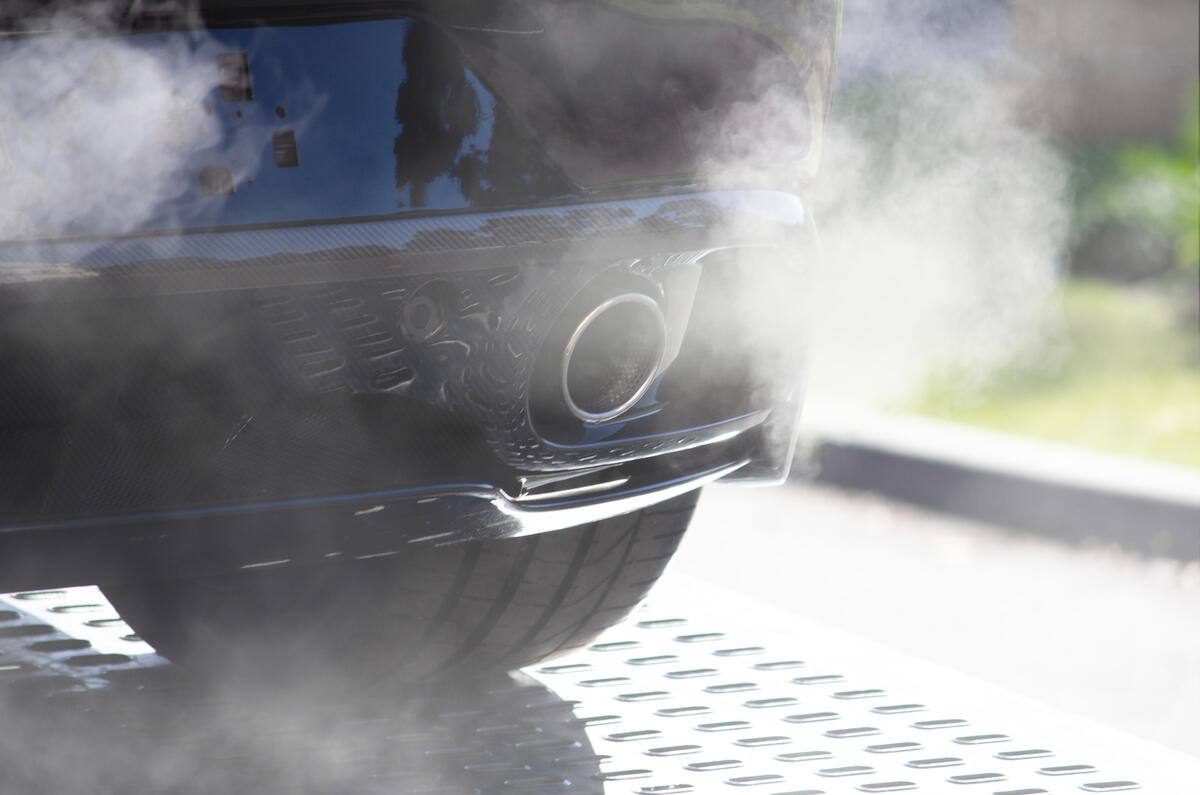New combustion-engined cars will be banned in the European Union from 2035 after a deal was struck between the union’s three key institutions and negotiators from EU member states.
The decision means car makers in the EU will be required to cut their CO2 emissions by 100% by 2035, signalling the end of new internal-combustion-engined cars in 27 countries.
New cars sold from 2030 will also be required to cut CO2 emission output by 55% compared with cars sold in 2021 - a significant increase over the previous 37.5% target, which was first agreed in 2018.
The European Parliament has now voted to approve the ban. Read more: EU Parliament confirms 2035 ban on new petrol and diesel cars
There will also be exemptions until the end of 2035 for car makers that produce between 1000 to 10,000 cars a year. Firms that produce fewer than 1000 new registrations a year will free from regulations for the foreseeable future.
This means car makers such as Lamborghini and Bentley will effectively be given a one-year delay on reaching targets, due to their limited production runs.
Jan Huitema, the European Parliament's lead negotiator, said: “With these targets, we create clarity for the car industry and stimulate innovation and investments for car manufacturers. In addition, purchasing and driving zero-emission cars will become cheaper for consumers.
“I am pleased that today we reached an agreement with the [European] Council on an ambitious revision of the targets for 2030 and supported a 100% target for 2035. This is crucial to reach climate neutrality by 2050 and make clean driving more affordable.”
The regulations form the first deal from the EU’s 'Fit for 55' package, a legislative proposal agreed in 2021 with set emissions targets in both 2030 and 2050.
The new regulations follow extensive lobbying by European Automobile Manufacturers' Association (ACEA) boss and BMW CEO Oliver Zipse, who said policies should be introduced by the EU to support the public in the switch away from internal combustion power.
Zipse said: "We are now keen to see the framework conditions which are essential to meet this target reflected in EU policies.
"These include an abundance of renewable energy, a seamless private and public charging infrastructure network and access to raw materials.”
The EU says a report will also be published by the end of 2025 (and every two years following) that will “evaluate progress towards zero-emission road mobility”.
The report will cover the impact on consumers and employees, as well as the ramifications on energy efficiency and affordability of zero- and low-emission cars.
It will also publish information about the market for second-hand vehicles, plus revise rules for the labelling of CO2 emissions and fuel economy of cars by the end of 2024.




Join the debate
Add your comment
Strange how this news story is freely available, yet the editor's opinion piece is hidden behind the Business Subscription so few will read it.
But judging by the posts here, we can all make uop our own mind!
Wow. Immense idiocy and entitlement on display. If you don't know anything about BEVs, sustainability, and climate change, probably don't comment. But for the record, personal transport is a significant source of GHG, BEVs significantly reduce GHG, and GHG is a contributor to climate change. If you disagree, you're wrong. Simple.